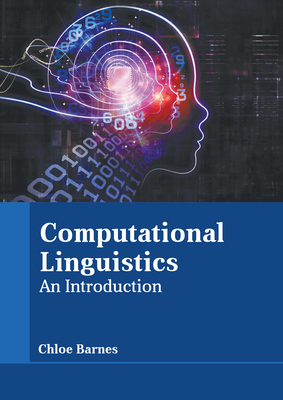Gradual Modifications and Abrupt Replacements: Two Stochastic Lexical Ingredients of Language Evolution
IF 5.3
2区 计算机科学
Q2 COMPUTER SCIENCE, ARTIFICIAL INTELLIGENCE
引用次数: 1
Abstract
The evolution of the vocabulary of a language is characterized by two different random processes: abrupt lexical replacements, when a complete new word emerges to represent a given concept (which was at the basis of the Swadesh foundation of glottochronology in the 1950s), and gradual lexical modifications that progressively alter words over the centuries, considered here in detail for the first time. The main discriminant between these two processes is their impact on cognacy within a family of languages or dialects, since the former modifies the subsets of cognate terms and the latter does not. The automated cognate detection, which is here performed following a new approach inspired by graph theory, is a key preliminary step that allows us to later measure the effects of the slow modification process. We test our dual approach on the family of Malagasy dialects using a cladistic analysis, which provides strong evidence that lexical replacements and gradual lexical modifications are two random processes that separately drive the evolution of languages.渐进式修饰与突发性替换:语言演化的两种随机词汇成分
一门语言词汇的演变以两种不同的随机过程为特征:突然的词汇替换,当一个完整的新词出现来代表一个给定的概念时(这是20世纪50年代斯瓦德什语言年代学的基础),以及逐渐的词汇修改,在几个世纪里逐渐改变单词,这里第一次详细讨论。这两个过程之间的主要区别在于它们对语言或方言家族中的同源性的影响,因为前者会修改同源术语的子集,而后者则不会。自动同源检测,在这里是按照一种受图论启发的新方法进行的,是一个关键的初步步骤,它允许我们以后测量缓慢修改过程的影响。我们使用词根分析对马达加斯加方言家族的双重方法进行了测试,该分析提供了强有力的证据,表明词汇替换和逐渐的词汇修改是两个随机过程,分别推动了语言的进化。
本文章由计算机程序翻译,如有差异,请以英文原文为准。
求助全文
约1分钟内获得全文
求助全文
来源期刊

Computational Linguistics
工程技术-计算机:跨学科应用
CiteScore
15.80
自引率
0.00%
发文量
45
审稿时长
>12 weeks
期刊介绍:
Computational Linguistics, the longest-running publication dedicated solely to the computational and mathematical aspects of language and the design of natural language processing systems, provides university and industry linguists, computational linguists, AI and machine learning researchers, cognitive scientists, speech specialists, and philosophers with the latest insights into the computational aspects of language research.
 求助内容:
求助内容: 应助结果提醒方式:
应助结果提醒方式:


